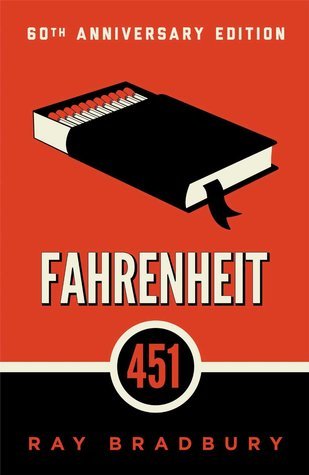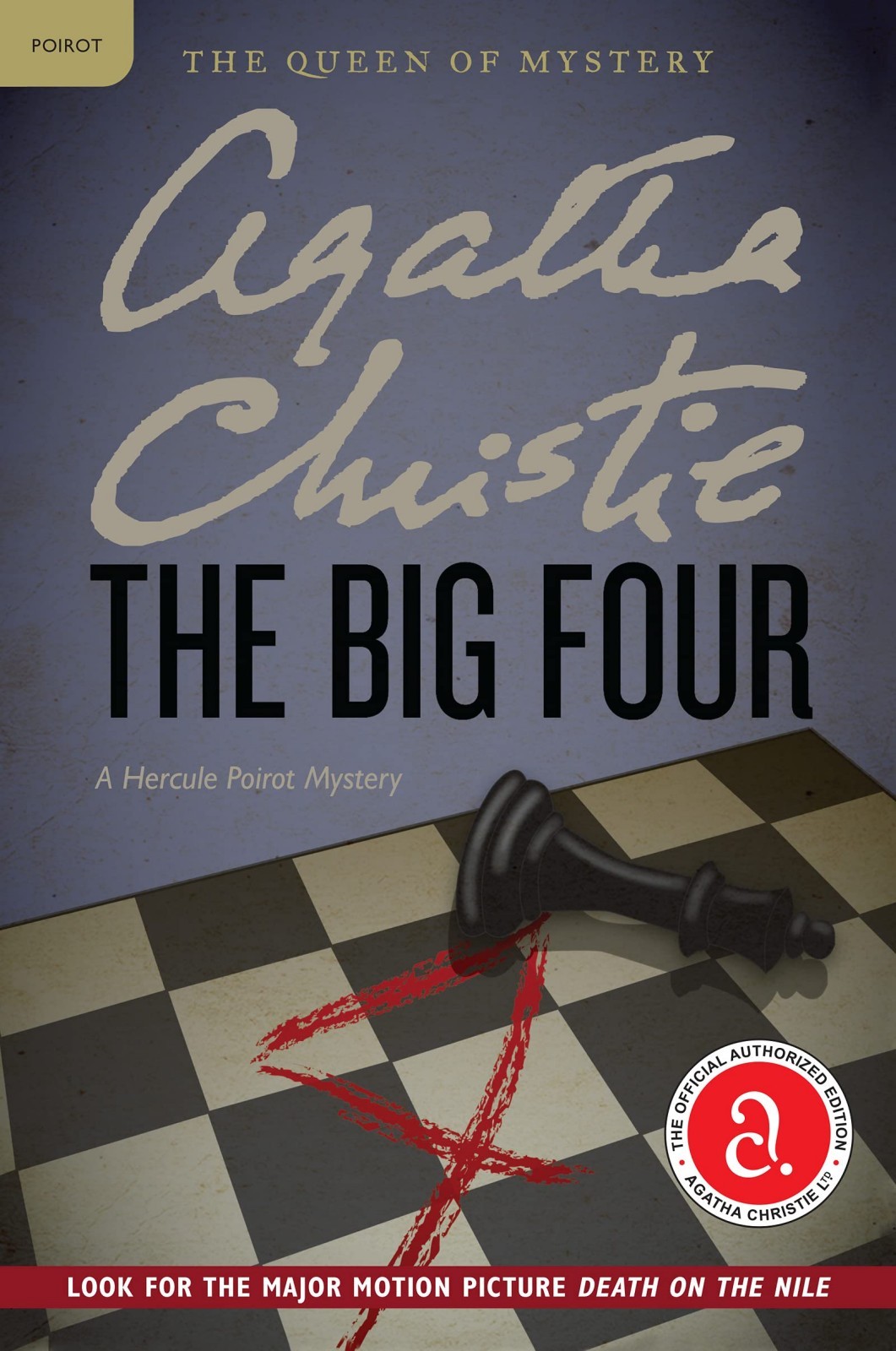Fahrenheit 451
Title: Fahrenheit 451

Author: Ray Bradbury
Published in: 1953
Date read: 21st November 2023
Score: 5/5
Genre: Dystopian, Thriller
Plot: (Warning, may contain spoilers):
"Fahrenheit 451" by Ray Bradbury is a dystopian science fiction novel that serves as a powerful cautionary tale about censorship, conformity, and the suppression of knowledge.
The story is set in a future American society where books are outlawed. Firefighters, instead of extinguishing fires, have the job of burning books and the houses in which they are hidden. The temperature at which paper ignites, 451 degrees Fahrenheit, gives the novel its title.
The protagonist is Guy Montag, a "fireman" who initially takes pride in his work, enjoying the destructive ritual of burning. He lives a superficial life with his wife, Mildred, who is addicted to interactive parlour walls (large television screens) and seems detached from reality.
Montag's complacent existence begins to unravel after several encounters that challenge his perception of his world. First, he meets Clarisse McClellan, his new teenage neighbour. Clarisse is an eccentric, free-spirited girl who loves nature, asks probing questions, and encourages Montag to think deeply about life, happiness, and the world around him. She represents individuality and intellectual curiosity, which are anathema in this society.
Second, Montag witnesses an old woman choose to burn alive with her books rather than abandon them, a deeply impactful moment that ignites a spark of rebellion and curiosity within him. He secretly begins to steal books instead of burning them, hiding them in his house.
Third, his relationship with his cold, distant wife, Mildred, and his observations of his colleagues, particularly his cynical and authoritative captain, Captain Beatty, further deepen his disillusionment. Beatty, a surprisingly well-read man himself, ironically defends the societal reasons for book burning: to prevent intellectual conflict, ensure happiness through superficiality, and maintain social order by reducing all ideas to easily digestible soundbites.
As Montag's hidden collection grows, so does his internal conflict and his desire for knowledge. He seeks help from Faber, a former English professor he once met, who explains the true value of books and the dangers of a society devoid of critical thought. Faber becomes Montag's reluctant mentor, guiding him and helping him understand the path to resistance.
The climax of the novel occurs when Mildred, unable to cope with Montag's transformation, reports his book-hoarding to the authorities. Captain Beatty confronts Montag at his own home, forcing him to burn his house. In a moment of desperate defiance, Montag kills Beatty and escapes, becoming a fugitive. He flees the city, pursued by mechanical hounds and the media.
He eventually finds refuge with a small community of intellectual dissidents, known as the "book people," who live in the wilderness. These individuals have committed entire books to memory, preserving knowledge for a future time when society might be ready to rediscover it. The novel ends with a devastating war that destroys the city, implying a cyclical nature of destruction and rebirth, and offering a glimmer of hope for a new beginning for knowledge and independent thought.
Comments:
I first heard of this novel in an English lesson when I was 13 years old and the only thing about it that struck me (while my English teacher droned on about it and I paid little of no attention) was that it was a great use of a chemistry property for a book title. I decided to read it based on one of the many lists of "100 books you must read before you die" and when I saw it, I remembered it being discussed in that lesson. I read it and really enjoyed it.
Books that we've read by Ray Bradbury (1):
Fahrenheit 451 (1953)
This page was updated on: 19th July 2025

